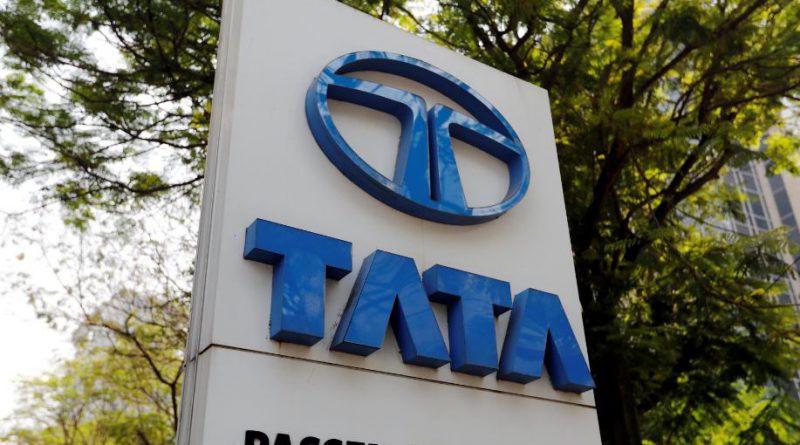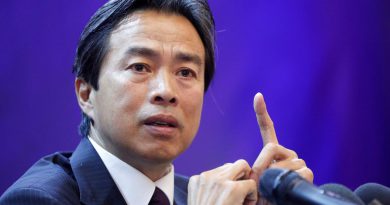Tata Trusts Faces Leadership Rift as Board Votes Out Mehli Mistry
New Delhi – Tata Trusts, the charitable arm at the heart of India’s Tata Group, has decided to remove businessman Mehli Mistry from its board, according to a person familiar with the matter.
The decision, made by a majority of board members, comes amid internal disagreements over governance, leadership direction, and representation within the powerful trust that controls two-thirds of Tata Sons.
The Tata Group, one of India’s most respected conglomerates, spans 30 companies, including Tata Steel, Jaguar Land Rover, Air India, and Tata Consultancy Services.
Tata Trusts, as the controlling shareholder of Tata Sons, holds immense sway over the strategic decisions of the entire $180 billion empire.
Mistry, a senior figure at the M Pallonji Group with interests in logistics and shipping, was a trustee and member of Tata Trusts’ executive committee.
His exit marks a critical development in the trust’s internal power balance, following the passing of Ratan Tata last year—a figure whose leadership had long unified the organization’s charitable and business arms.
The decision not to reappoint Mistry reportedly followed intense discussions among trustees. While the reasons remain undisclosed, sources say the vote reflects growing tension over who should represent Tata Trusts on the Tata Sons board and how the group’s broader business strategy should evolve.
According to individuals familiar with the matter, two factions have emerged within Tata Trusts—one aligned with current chair Noel Tata and another led by Mistry.
These divisions have deepened over questions surrounding the future of the conglomerate’s leadership and governance structure.
The discord became public in September when the board voted against reappointing a member from Noel Tata’s camp to the Tata Sons board.
That move drew the attention of India’s corporate regulators and prompted the government to urge Tata Trusts to resolve its internal differences, an unusual step in corporate affairs given the organization’s historic independence and stature.
The Ministry of Corporate Affairs’ involvement underscored the importance of stability within Tata Trusts, which plays a crucial role not just in business but also in philanthropy.
The trust’s work spans healthcare, education, and rural development across India, impacting millions of people through its charitable programs.
Observers note that the latest development could rekindle memories of Tata Group’s 2016 leadership battle when then-chairman Cyrus Mistry was ousted from Tata Sons in a high-profile boardroom dispute that spilled into the courts.
That conflict created significant reputational challenges for the group and raised broader concerns about corporate governance and succession planning.
Industry analysts believe the removal of Mehli Mistry could trigger a similar period of uncertainty if not managed carefully. While Tata Trusts continues to emphasize its commitment to its philanthropic mission, internal cohesion is seen as vital to preserving both credibility and investor confidence.
Despite requests for comment, representatives for Tata Trusts did not respond. Mehli Mistry also did not issue a statement on the matter.
Meanwhile, the development has drawn significant attention across India’s corporate circles, given the trust’s unparalleled influence in shaping one of the country’s largest and most globally respected conglomerates.
The restructuring of the board is expected to shape future decisions on Tata Sons’ leadership composition, as well as on strategic initiatives in emerging sectors such as renewable energy, digital transformation, and global expansion.
Insiders suggest the trust’s ongoing debates revolve not only around governance but also around how to sustain Ratan Tata’s legacy while adapting to modern business challenges.
For Tata Trusts, maintaining balance between philanthropy and business oversight has always been delicate. The current rift underscores the complexities of managing legacy institutions where personal ties, governance expectations, and corporate influence intersect.
As the organization enters this new chapter, stakeholders across India’s business and policy landscape will be watching closely to see whether the trust can restore unity and chart a stable course forward.


